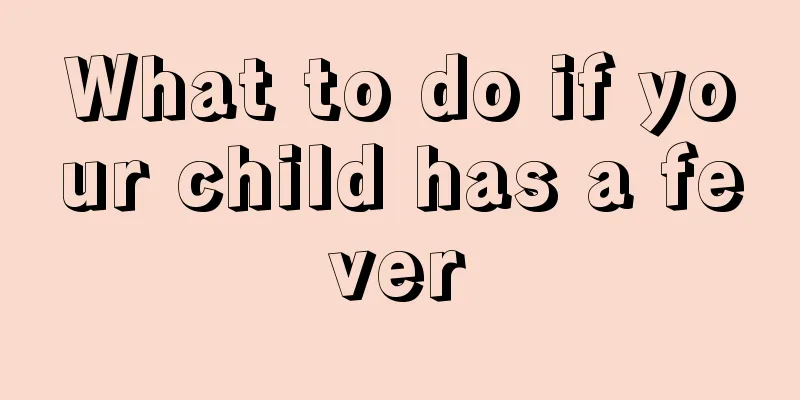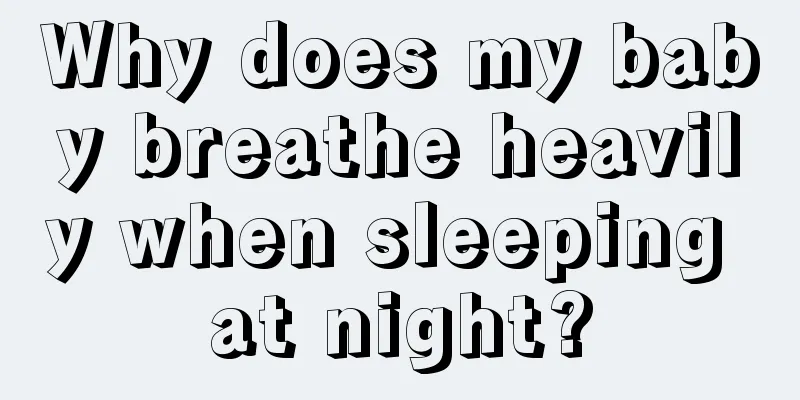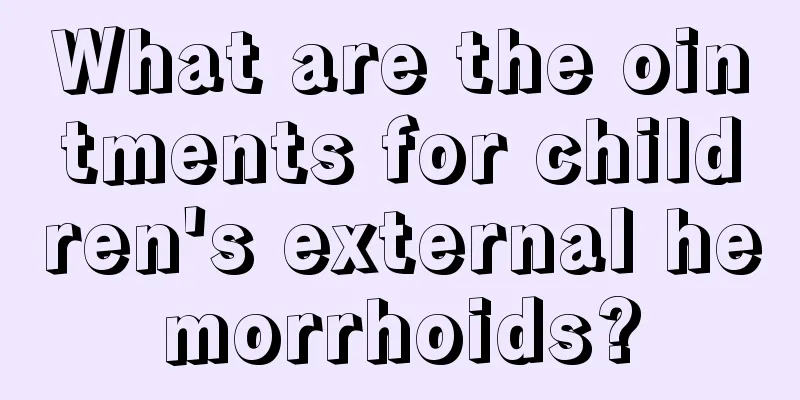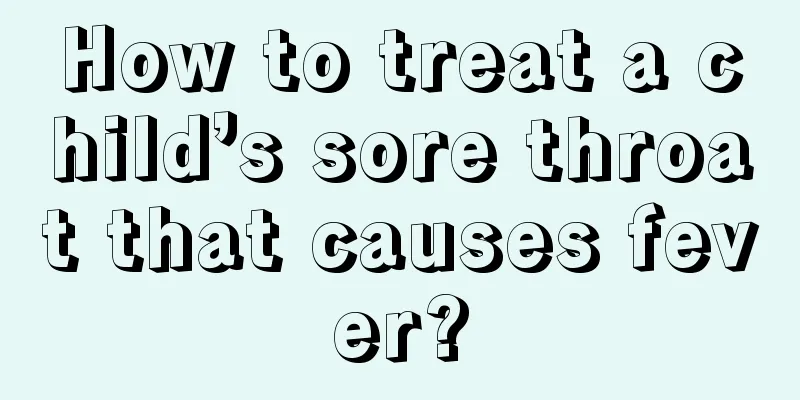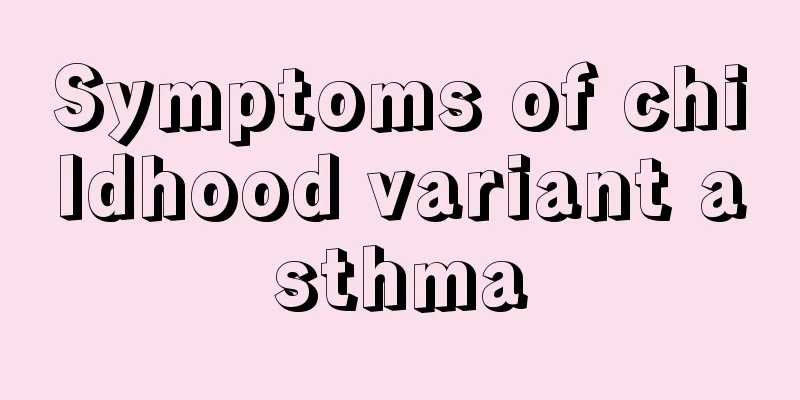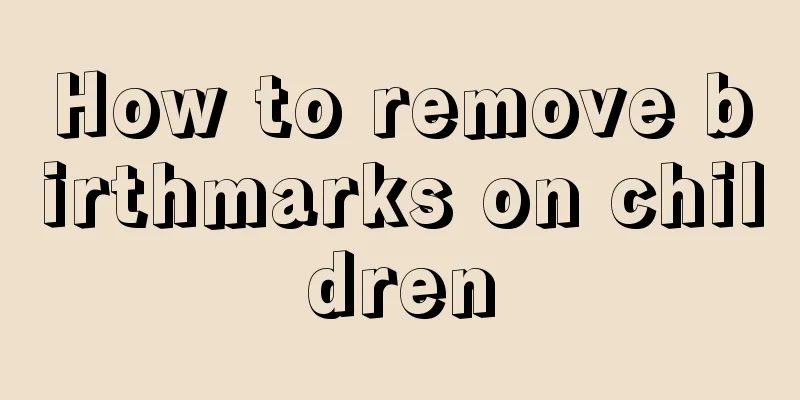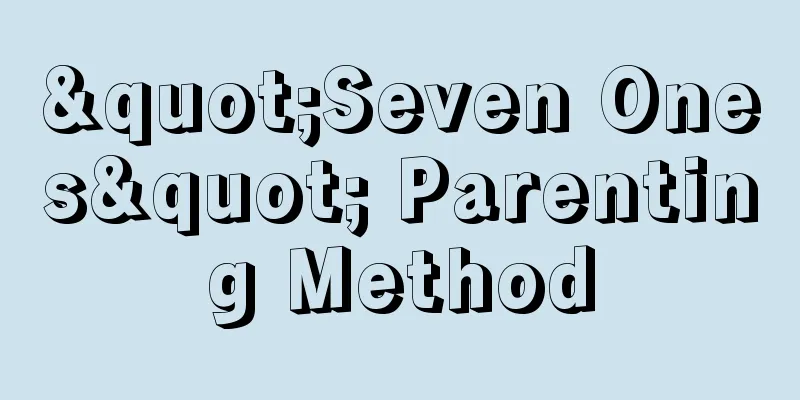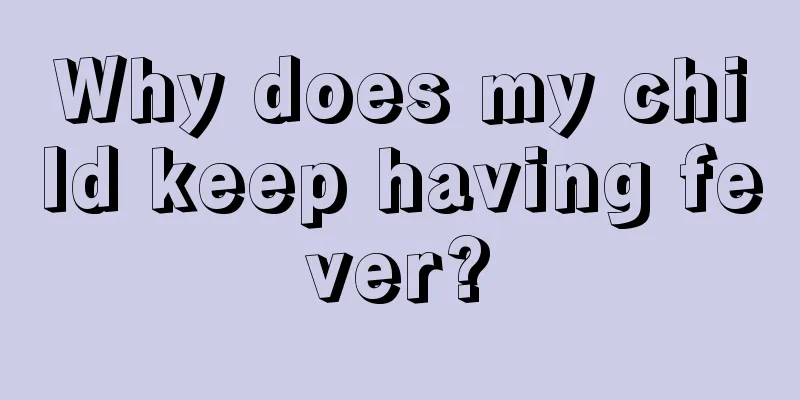The best treatment for enlarged tonsils in children
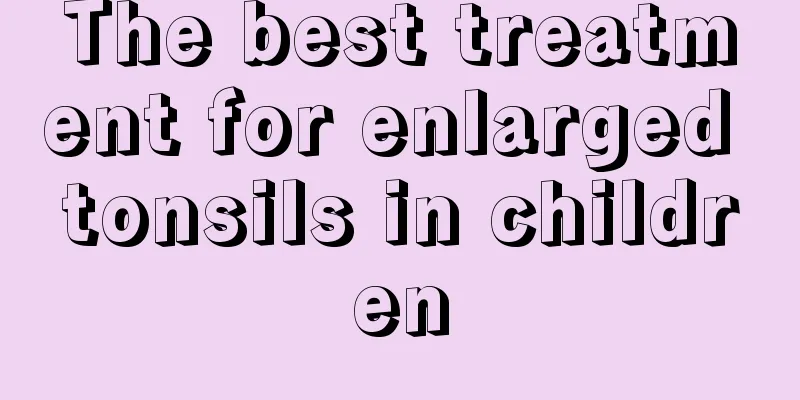
|
The best treatment for children's enlarged tonsils. Everyone knows that children are young and developing, with poor physical fitness, poor resistance and immunity. Sometimes children's tonsils are too enlarged, which often causes tonsillitis. So what should children do if their tonsils are enlarged? Next, I will introduce the best treatment for enlarged tonsils. Tonsils (also called tonsils) are a pair of tonsil-shaped lymphoid tissues that exist in the pharynx of every person since birth. The size of children's tonsils varies from person to person and is generally within the normal range. In the past, the medical community believed that tonsils were redundant and useless tissue that was harmful rather than beneficial, so doctors often encouraged sick children to remove them in order to eliminate the lesions that caused the infection. In fact, tonsils are also part of the lymphoid tissue of the human immune system. Immunological research in recent years has confirmed that tonsils grow on both sides of the oropharynx, can produce phagocytes, and have the immune function of defending and resisting the invasion of external pathogens into the body. This function is more obvious in children. Therefore, moderate hypertrophy of the tonsils is not always pathological, but a normal compensatory function and physiological phenomenon of children to resist disease. After the age of 14 to 15, children develop into puberty. As the immune system gradually improves, the tonsils atrophy and complete their historical mission. However, some children's tonsils are often inflamed. This inflammation is divided into acute and chronic types. Acute tonsillitis develops rapidly and is mostly caused by weak body resistance, cold or bacterial infection. The main symptoms include chills and fever, general discomfort, red and swollen tonsils, difficulty and pain in swallowing, and sometimes accompanied by vomiting or diarrhea. It can be cured in about a week of treatment. The symptoms of chronic tonsillitis are generally mild. Sick children often feel discomfort in the throat and a mild sense of obstruction, which sometimes affects swallowing and breathing. For some children, their tonsils are overly enlarged, which affects their swallowing function and makes it difficult for them to eat. In particular, the two enlarged tonsils touch each other and block the throat, causing breathing obstruction, holding the breath and snoring when sleeping, and often waking up due to suffocation. Long-term chronic hypoxia and poor rest hinder the normal development of children. Repeated attacks of acute tonsillitis can also induce some systemic diseases caused by streptococcal infection, such as nephritis, myocarditis, rheumatoid arthritis, rheumatic heart disease, etc., which are more harmful to the human body. In each subsequent acute attack of tonsils, these complications will recur and worsen to varying degrees, which is medically known as focal tonsillitis. Obviously, it is harmful rather than beneficial to keep such tonsils, so it may be considered to be removed at an appropriate time after the complications have improved or stabilized. In clinical tonsillectomy, about 10% of surgical complications occur, which will bring greater pain to patients. Whether children with tonsillitis need to have their tonsils removed should be diagnosed in detail by a doctor, who should make a careful decision after weighing the pros and cons. Tonsillectomy may be considered in the following situations: (1) Acute tonsillitis occurs more than 3 times a year and causes long-term low fever; (2) Chronic tonsillitis often causes concurrent systemic diseases such as nephritis, myocarditis, rheumatic fever, etc. (3) Chronic tonsillitis involving adjacent organs, such as recurrent otitis media and cervical lymphadenitis; (4) Children who often suffer from colds, sore throats, or have many pus spots in their tonsil crypts; (5) The tonsils are extremely enlarged, causing functional disorders such as breathing, swallowing, and language, especially accompanied by airway obstruction, manifested as snoring during sleep or being awakened by suffocation; (6) Those with a history of peritonsillar abscess. The specific time for surgery should also be decided based on the doctor's advice. For example, if a child has an acute attack of tonsillitis, or suffers from related diseases (such as tonsillitis, arthritis, myocarditis, rheumatism and congenital heart disease and asthma, epilepsy, allergic purpura, psoriasis, chronic sinusitis, otitis media, etc.), surgery should be performed after the symptoms disappear or treatment for a period of time and all indicators return to normal. Some children suffer from hematopoietic system diseases, hypocoagulation, tonsil hypertrophy combined with cor pulmonale, heart failure, and dry pharyngitis, and are not suitable for surgery. In addition, I think if a child's tonsils are very enlarged, for very young children, the tonsils still have a certain immune function and can defend against diseases. So if the situation is not particularly serious, it is recommended not to remove the tonsils. However, for children who have undergone tonsillectomy, they should pay more attention to preventing pharyngitis after the operation. |
>>: What to do if your baby has eczema around his mouth
Recommend
What are the developmental indicators of a 3-year-old baby?
When the baby is growing and developing, parents ...
What causes pain in the left lower abdomen in children?
Abdominal pain is a relatively common symptom. It...
What to do if your child is too introverted and timid
Many parents now have a common worry, that is, th...
What to do if baby's hair is thin and yellowish
Thinning hair is a problem that many people will ...
What do children know about diet?
Children cannot make random choices in their diet...
What to do if your child has a cold or cough
Cold is a common disease in life. Anyone can catc...
The best treatment for enlarged tonsils in children
The best treatment for children's enlarged to...
Hip dysplasia in babies
We all know that babies are in a stage of rapid g...
How effective is pediatric massage for cough and fever?
The air is relatively dry in spring and autumn, w...
Chronic urticaria in children
Chronic urticaria is a type of urticaria, and is ...
What to do if your two-year-old baby coughs
Every change in the baby after birth is watched b...
What medicine is used to treat jaundice in children
Nowadays, there are many medicines for treating p...
What should I pay attention to when changing milk powder for newborns?
When changing the milk powder for a newborn, ther...
Does the baby need to see a doctor immediately if he has repeated viral fever?
As parents, especially mothers, they must be very...
What is the cause of white floccules in baby's stool?
To put it bluntly, defecation is as essential as ...
